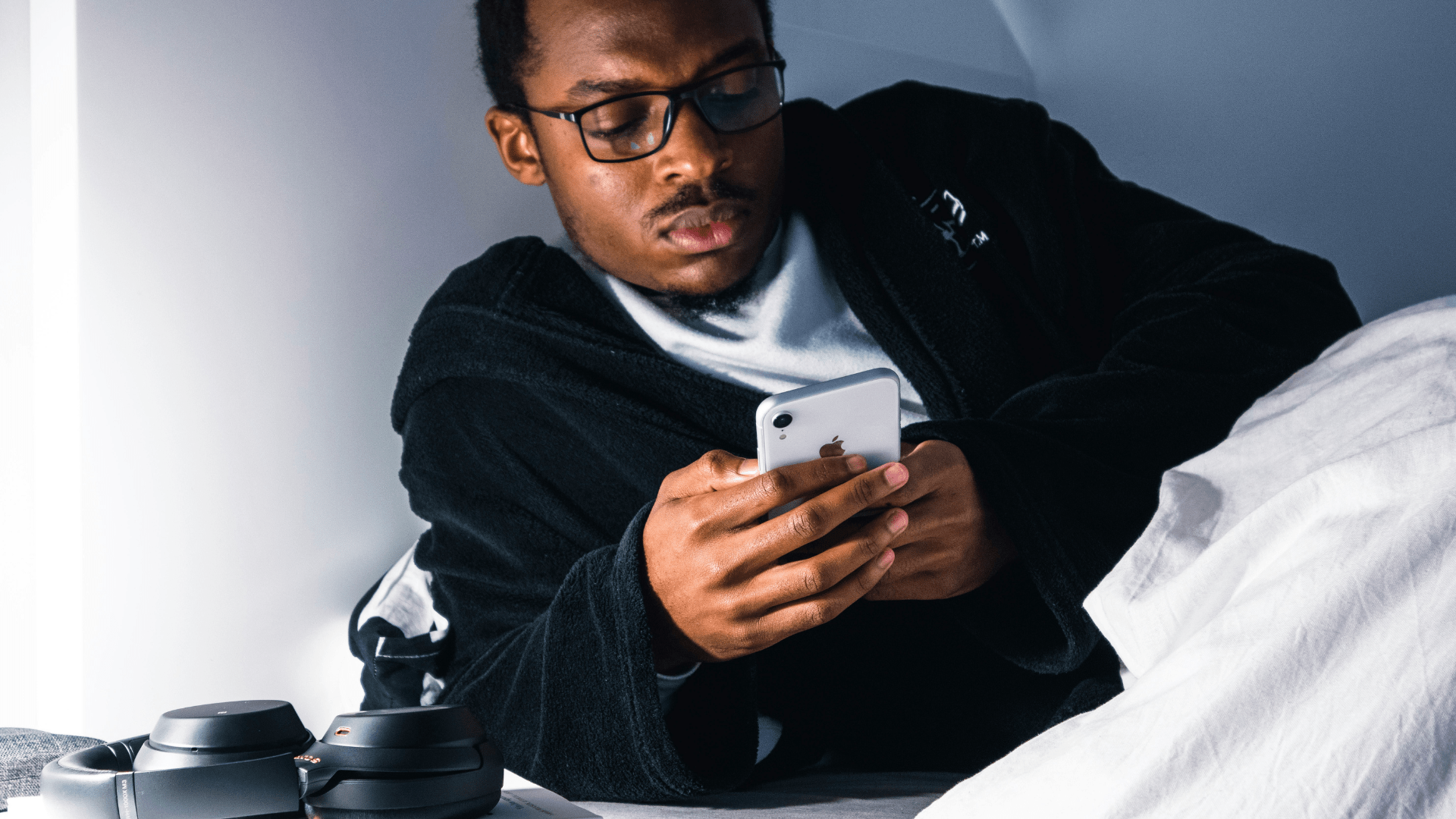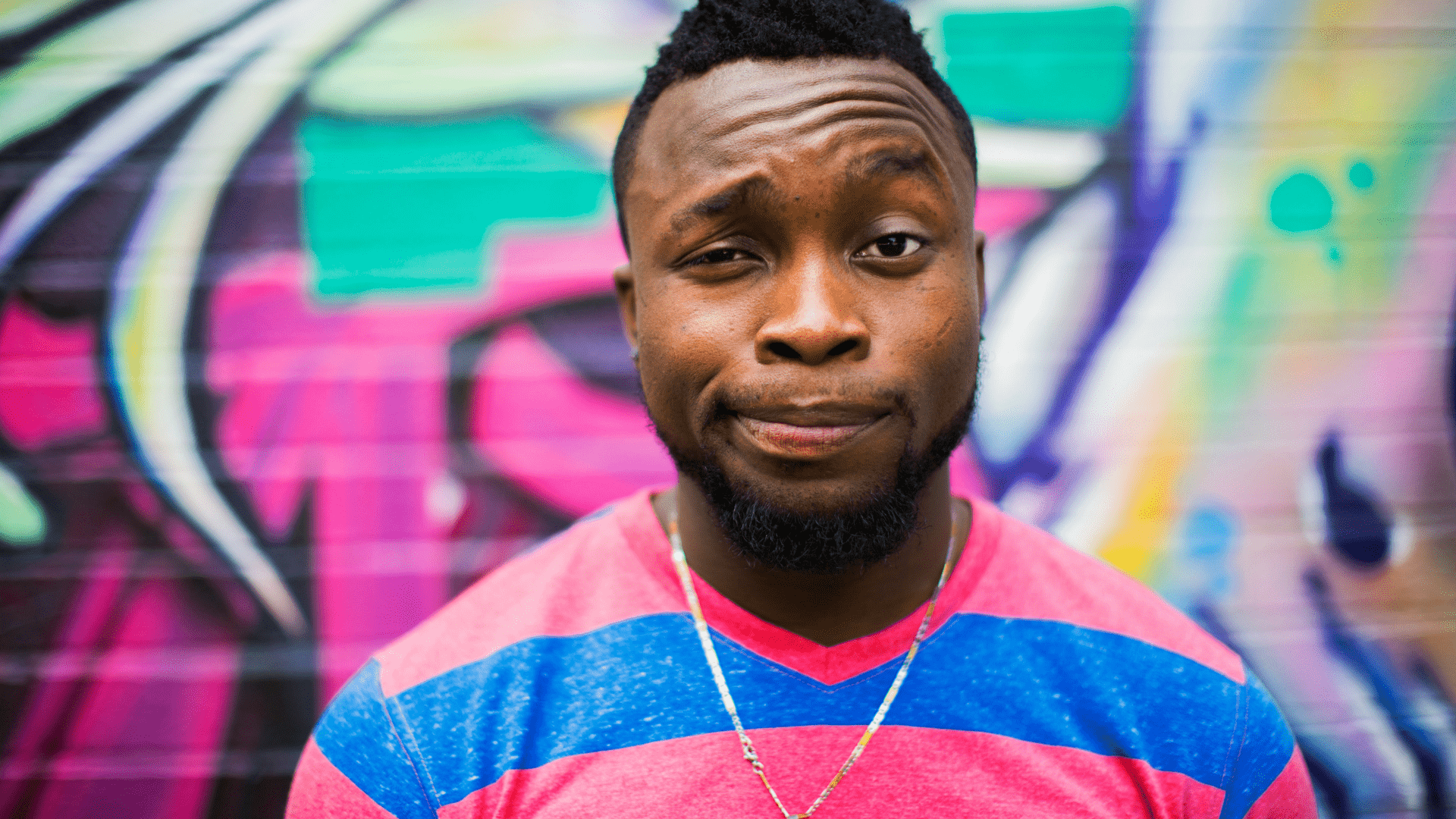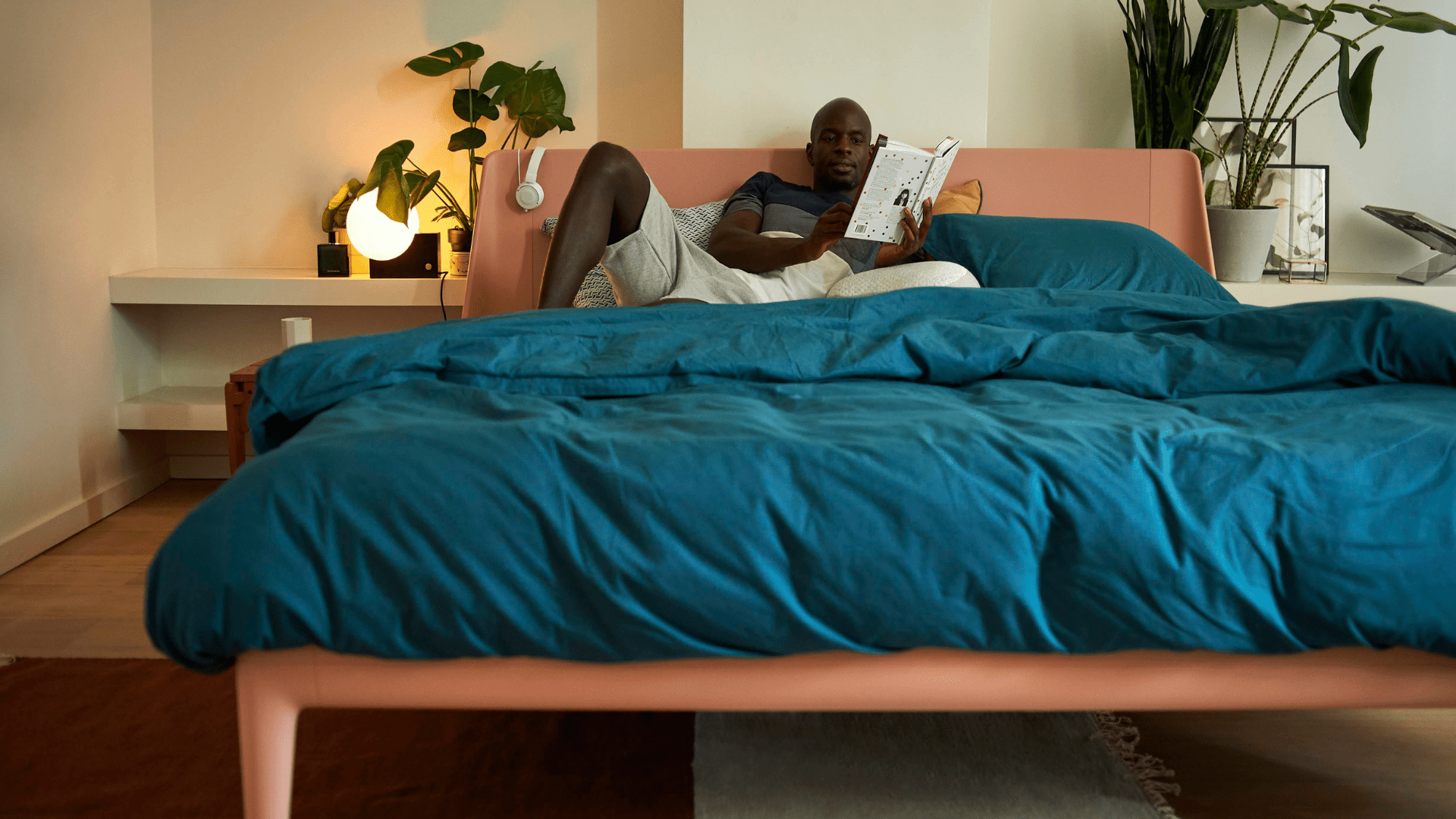Sleep is a fundamental aspect of our overall well-being, influencing our physical health, mental clarity, and emotional stability. However, there is a significant sleep problem that often goes unrecognized, particularly among Black Americans.
Many individuals within this community have “no idea” that they are not getting the quality and quantity of sleep they need. In this article, we will explore the sleep problem faced by Black Americans, shedding light on the underlying causes, consequences, and potential solutions.
The Prevalence of Sleep Deprivation

Sleep deprivation is a pervasive issue in modern society, affecting people of all backgrounds. However, studies have shown that Black Americans, in particular, are more likely to experience sleep problems.
According to a survey conducted by the National Sleep Foundation, 67% of Black Americans reported insufficient sleep duration on most nights, compared to 55% of white Americans1. This disparity highlights a significant sleep problem that needs to be addressed.
The Impact of Sleep Deprivation

Sleep deprivation can have severe consequences on both physical and mental health. It impairs cognitive function, weakens the immune system, and increases the risk of chronic conditions such as obesity, diabetes, and heart disease.
Additionally, inadequate sleep can negatively impact mood, leading to increased irritability, depression, and anxiety. It is crucial to recognize these effects and take steps to improve sleep quality and duration.
The Role of Socioeconomic Factors

Several socioeconomic factors contribute to the sleep problem among Black Americans. Economic disparities, discrimination, and limited access to quality healthcare and educational resources can all impact sleep patterns.
Financial stress, job insecurity, and long working hours can also disrupt sleep and contribute to sleep deprivation. Addressing these systemic issues is essential for promoting healthy sleep habits within the Black community.
Cultural Factors and Sleep Practices

Cultural factors and sleep practices also play a role in the sleep problem among Black Americans. Traditions, social norms, and family dynamics can influence sleep patterns and behaviors.
For example, extended family living arrangements, caregiving responsibilities, and cultural events may disrupt regular sleep routines. Understanding and respecting cultural differences can help tailor sleep interventions and improve sleep outcomes.
Lack of Awareness and Education

One significant barrier to addressing the sleep problem among Black Americans is a lack of awareness and education.
Many individuals are unaware of the importance of good sleep hygiene and the negative consequences of sleep deprivation.
Cultural Stigma and Misconceptions

Furthermore, cultural stigma and misconceptions about sleep can prevent individuals from seeking help or discussing their sleep concerns.
Educating the community about the importance of sleep and providing resources for healthy sleep practices can bridge this knowledge gap.
Healthcare Disparities and Sleep Disorders

Healthcare disparities also contribute to the sleep problem among Black Americans. Research has shown that Black individuals are less likely to receive appropriate diagnosis and treatment for sleep disorders such as sleep apnea.
This disparity can lead to untreated sleep disorders, further exacerbating sleep deprivation and its associated health risks. Efforts should be made to ensure equitable access to sleep disorder diagnosis and treatment for all individuals, regardless of their racial or ethnic background.
Addressing Sleep Disparities

Addressing the sleep problem among Black Americans requires a comprehensive approach that addresses the underlying causes and promotes healthy sleep habits.
There are a number of strategies, however, that can help improve sleep outcomes, including promoting sleep education, increasing access to healthcare, creating supportive work environments, and culturally tailored interventions.
Sleep Education and Access to Healthcare

Educating individuals and communities about the importance of sleep and providing resources for healthy sleep practices can empower individuals to prioritize their sleep health.
Furthermore, efforts should be made to reduce healthcare disparities and ensure equitable access to sleep disorder diagnosis and treatment. This can involve improving healthcare infrastructure in underserved communities and increasing cultural competence among healthcare providers.
Supportive Work Environments and Culturally Tailored Interventions

Employers can play a crucial role in promoting healthy sleep habits by implementing policies that prioritize work-life balance, encourage regular sleep schedules, and provide resources for stress management.
It should be noted that recognizing and respecting cultural differences in sleep practices is essential. Developing culturally tailored interventions that address specific cultural norms and barriers can enhance the effectiveness of sleep interventions.
Addressing the Sleep Problem Among Black Americans

The sleep problem among Black Americans is a significant issue that requires attention and action.
By addressing the underlying causes, promoting sleep education, and implementing culturally tailored interventions, we can work towards improving sleep outcomes and overall well-being within this community. Recognizing the importance of sleep and prioritizing healthy sleep habits is a crucial step towards a healthier and more equitable society.








































